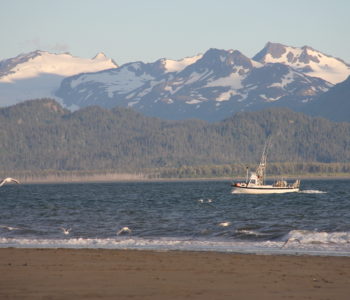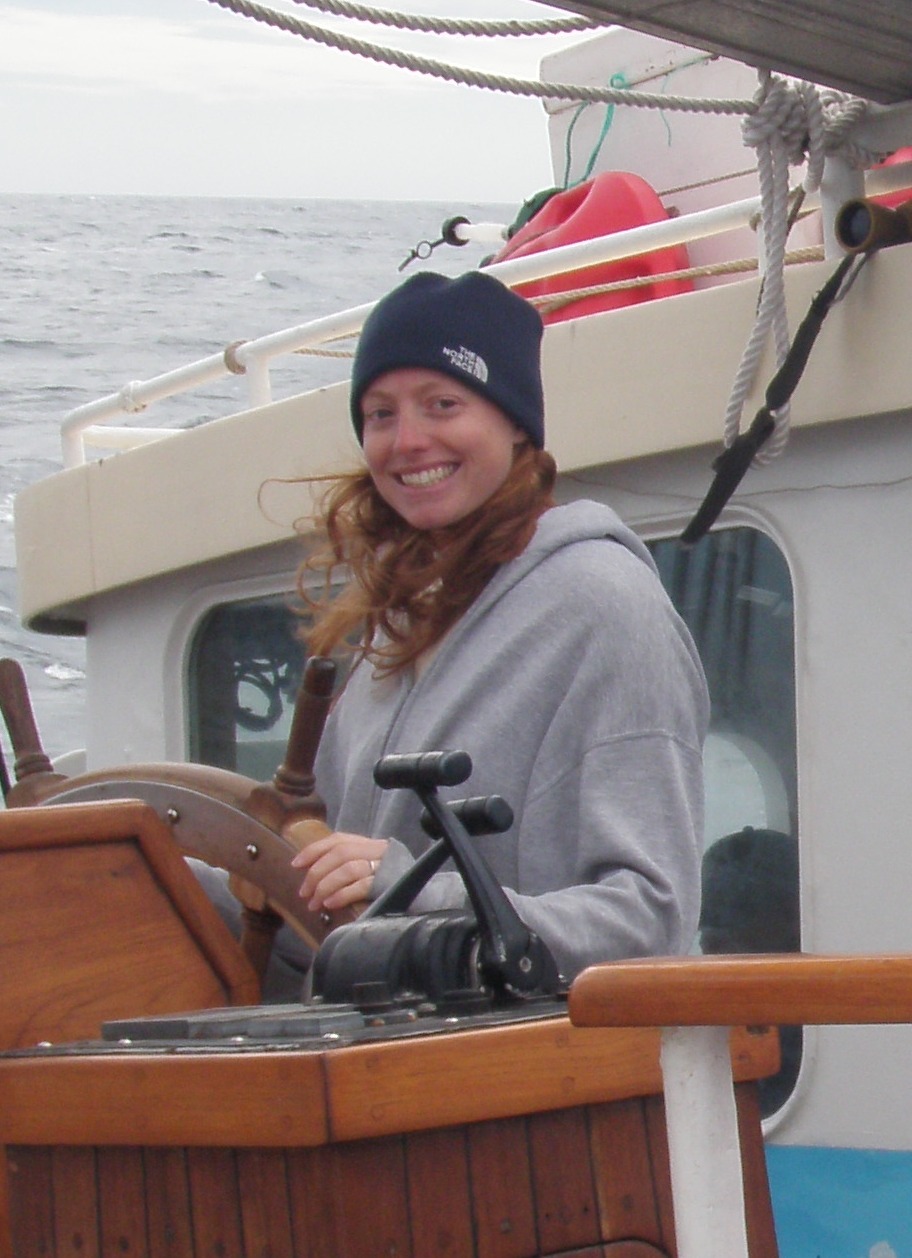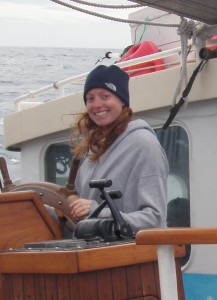The Data Gaps Inventory project identified major gaps in marine data in BC, and was based on an initial scoping study completed in 2004. The goal of this project has been to identify what data currently exist in BC and where they can be found (emphasizing geo-referenced datasets), as well as where the knowledge gaps lie.
The Inventory also identifies older datasets that are not in an accessible electronic format, since they could be valuable sources of data in the future if funding becomes available to convert them into electronic format. Generally, the digitization of data is much less expensive than new surveys, and can add historical perspective. This analysis will help direct future marine research and digitization priorities in BC.
Jacqueline Booth Consulting has completed a study and series of focus groups to determine the general state of readiness for marine EBM in BC. The objective of this report is to help inform the EBM community of practice about information and data gaps existing in the EBM framework in BC marine waters and plan to fill the gaps. Research indicates that gaps exist in the policy framework, management instruments, decision tools and methods and there is no formal performance evaluation framework.
This document provides background material for input to the PacMARA Marine EBM Gaps Workshops. During the workshops members of the marine EBM community of practice will work together to prioritize the gaps and issues that must be resolved to help move EBM forward in the BC marine environment. This document supports that objective employing a four step approach:
1. Identify knowledge gaps that need to be addressed to proceed with EBM in BC marine waters.
2. Catalogue what data / information are currently available to fill these needs for BC marine waters.
3. Determine what data / information gaps exist for implementation of EBM.
4. Research possible methods for addressing the knowledge gaps by prioritizing the filling of needed data / information.
Report: Marine Ecosystem Based Management Knowledge Gaps Study
Appendices: EBM Gaps Appendix A, EBM Gaps Appendix B
Database: EBM Knowledge Gaps Database
Instructions: This database contains the identified data gaps from the PNCIMA EAOR. The gaps can be sorted by topic (biodiversity, habitat, function, stressor, activity) or subtopic (pollutants, invasive species, noise etc).
The database also includes a list of possible participants for the workshops, which has been gleaned from the recent biodiversity and PNCIMA EBM workshops. There are report forms for displaying all of the information.



